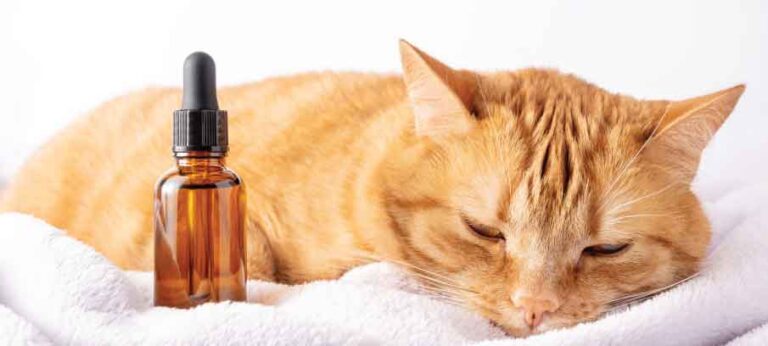Cats hold a special place in everyone’s hearts as cherished companions. Their playful antics, soothing purrs, and adorable quirks bring joy to everyone’s lives. However, like humans, cats can also be susceptible to health issues, including cancer. Here, cancer in cats is a serious concern, but some steps can be taken to help prevent it and ensure a healthier life for your feline friend. This article explores some practical tips for cancer prevention in cats.
A Balanced Diet:
Proper nutrition is key to keeping your cat healthy and reducing cancer risk. Feeding your cat a balanced and high-quality diet is essential. Look for cat food rich in essential nutrients and free from harmful additives. Seek the veterinarian to determine the best diet plan for your cat’s needs. Avoid feeding your cat excessive amounts of treats and human food because this can lead to obesity, a cancer risk factor.
Maintain a Healthy Weight:
Obesity not only increases the risk of various health issues but also contributes to the likelihood of cancer in these feline companions. Make sure that your cat holds a healthy weight by providing regular exercise and a proper diet. Engaging your cat in interactive play and providing toys can help them stay active and maintain an ideal weight.
Regular Veterinary Check-Ups:
Regular visits to the veterinarian are important for early detection of any health issues, including cancer. Your vet can perform routine check-ups and screenings to catch potential problems before they become serious. Follow your vet’s recommended vaccination schedule and wellness exams to keep your cat’s health in check.
Limit Exposure to Environmental Toxins:
Cats can be exposed to environmental toxins that may increase their cancer risk. Some common toxins include tobacco smoke, household cleaners, and certain plants. Keep your home as toxin-free as possible, and avoid exposing your cat to harmful substances. If you smoke, do so outside and away from your cat, as secondhand smoke can be harmful to pets.
Provide a Stress-Free Environment:
Excessive stress may compromise your cat’s immune system, increasing their vulnerability to cancer. Foster a serene and stress-free atmosphere for your beloved feline companion by offering a secure haven, adhering to consistent routines, and showering them with affection and care. Reduce the occurrence of loud disturbances and abrupt alterations that can induce anxiety.
Spaying and Neutering:
Spaying and neutering not only help control the cat population but also reduce the risk of certain types of cancer, such as mammary cancer in female cats and testicular cancer in males. Discuss the appropriate age for spaying or neutering with your veterinarian to ensure the best outcome for your cat.
Dental Care:
Oral health is often overlooked but is an essential aspect of overall well-being. Bad dental hygiene can lead to infections and inflammation, increasing cancer risk. Brush your cat’s teeth regularly and schedule dental check-ups with your vet as needed.
Limit Sun Exposure:
If your cat enjoys being outdoors, provide shade and limit their exposure to the sun. Cats with light-colored fur are particularly susceptible to sunburn, which can lead to skin cancer. Keep your cat indoors during the hot hours of the day or provide them with a sun-protective, pet-safe sunscreen.
Regular Exercise:
Exercise is key for supporting a healthy weight and promoting overall cat wellness. Engage your cat in playtime and provide toys that encourage physical activity. Cats love to chase toys, pounce on feather wands, and explore interactive puzzle feeders.
Conclusion:
Preventing cancer in cats requires a combination of responsible pet ownership, proper nutrition, regular veterinary care, and a loving, stress-free environment. By following these tips, you can lower the risk of this disease in your feline friends and ensure they lead a long and healthy life. Always remember that early detection and intervention are crucial, so stay vigilant and attentive to your cat’s health. Your efforts can make a difference in your beloved companion’s well-being.


